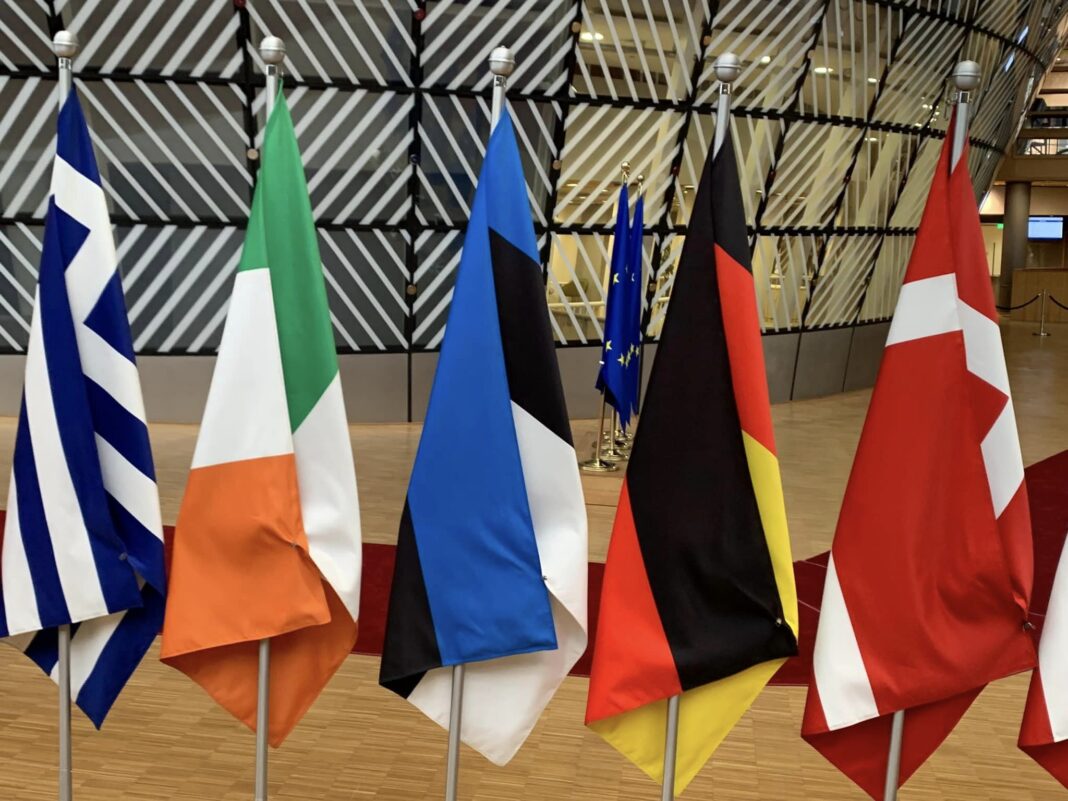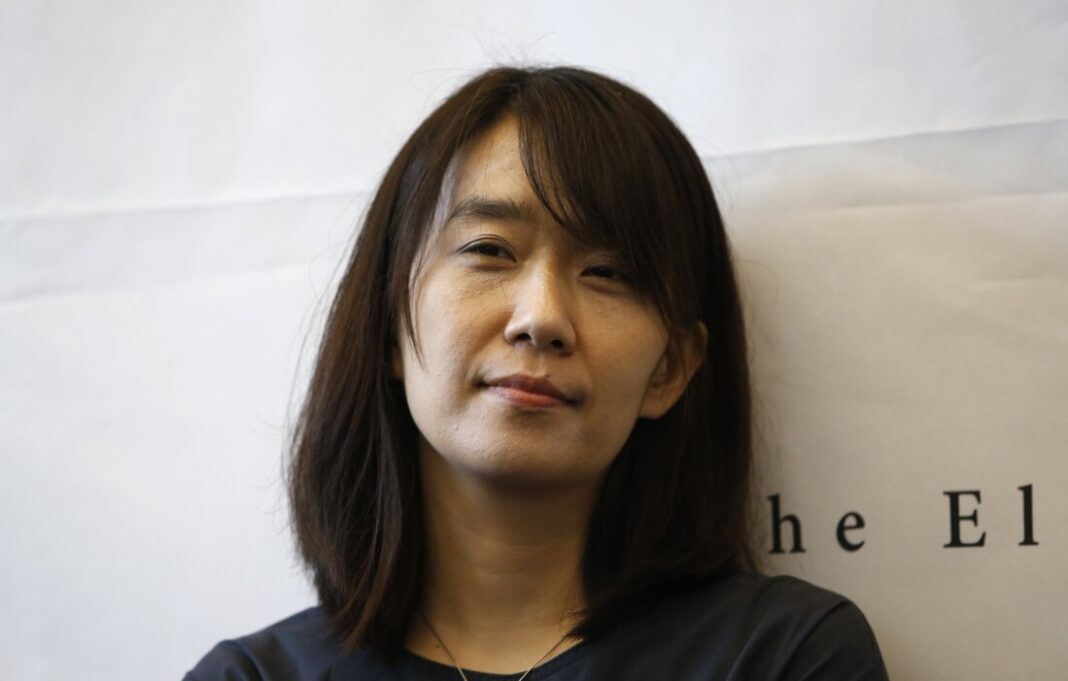GENEVA (ChatnewsTV) — World Trade Organization Director-General Ngozi Okonjo-Iweala welcomed what she described as a “meeting of minds” among member nations on reviving stalled farm trade talks, following a dedicated meeting of the Trade Negotiations Committee (TNC) on October 10.
Okonjo-Iweala praised the discussions as a positive step, marking the first time the TNC has focused solely on the issue of agriculture. “I sense that there’s a willingness to try to break the gridlock on agriculture and to try and move the process forward,” she said. “I also sense that people like the idea of meeting in various configurations and trying to find common ground.”
The meeting, which saw more than 50 WTO members participate, centered around a proposal by the Chair of the agriculture negotiations, Ambassador Alparslan Acarsoy of Turkey. His initiative outlined two potential paths to advance talks, which have been stuck amid disagreements over subsidies and other farm-related issues.
The first option proposed by Acarsoy involves members forming smaller groups to tackle specific topics, feeding their findings into broader talks at the Committee on Agriculture in Special Session. The second option would rely on facilitators guiding inclusive discussions, ensuring that members’ contributions shape the negotiations.
“Members recognize the need to resume negotiations after setbacks earlier this year at the 13th Ministerial Conference in Abu Dhabi and the July General Council,” Acarsoy said. “Rebuilding trust is crucial for progress, and the status quo is undesirable, requiring fresh ideas to break the deadlock.”
The talks aim to overcome recent stalemates that have hindered progress on reforming WTO rules governing global agricultural trade. Okonjo-Iweala emphasized that agricultural reform has not advanced significantly in the last 25 years, despite the sector’s importance.
“We don’t want to continue to see agriculture as an issue that is put on the back burner. We want it to be a process that is alive,” she said.
The Director-General acknowledged that some members had questions about the proposed process and wanted more clarity. To address these concerns, she and the Chair plan to convene further meetings to refine the strategy and set timelines.
“While there is appetite to see both options moving forward, we need to address members’ concerns first,” Okonjo-Iweala added.
The Chair also suggested establishing “milestones” to guide negotiations ahead of the WTO’s next Ministerial Conference (MC14). Periodic meetings, potentially at the level of Heads of Delegations, could help maintain momentum on contentious issues.
Ultimately, Okonjo-Iweala expressed support for Acarsoy’s plan, calling it a fresh opportunity for members to bridge divides while taking into account new challenges, such as climate change and water scarcity.
“We need to start somewhere,” she said. “We need to give the process that the CoA SS Chair just outlined a chance.”
With member states emphasizing the need to update WTO rules for the changing global landscape, the Director-General promised to accord agriculture the “time, importance, and priority” it deserves in the coming weeks and months. “But that depends on you,” she told delegates.




